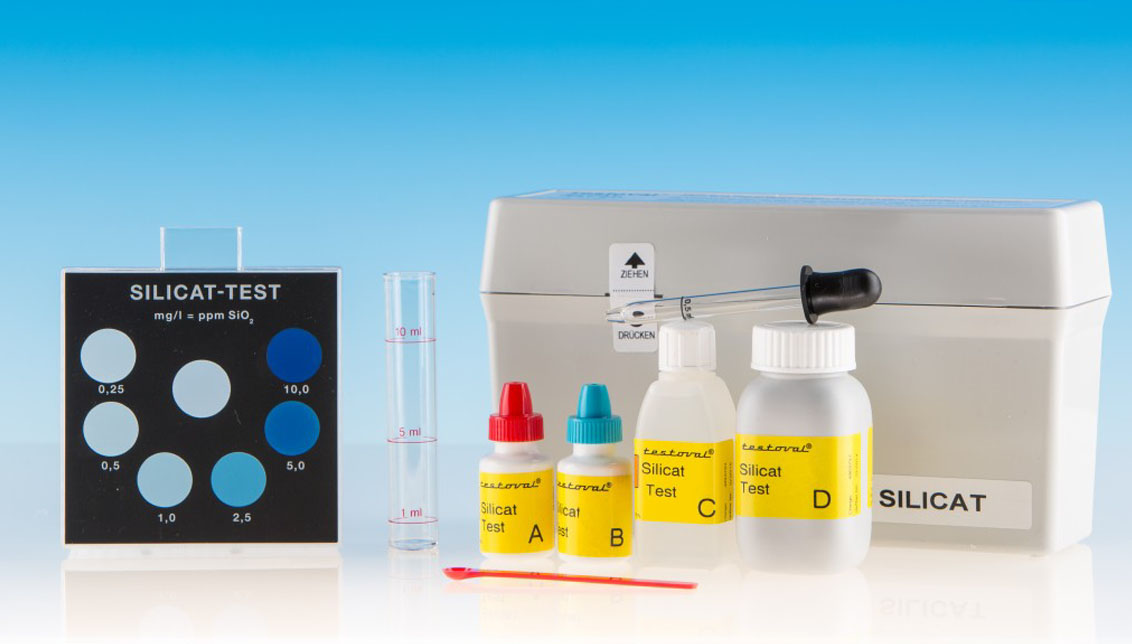Monitoring the chlorine content in water is a fundamental aspect of water hygiene in clinics and hospitals. Chlorine serves as an effective disinfectant that kills pathogenic microorganisms such as bacteria and viruses, ensuring safe water quality. Accurate monitoring of chlorine levels is crucial to ensure the safety of patients and staff, especially in medical facilities where water is used for a variety of purposes - from cleaning medical equipment to supplying drinking water.
The DPD method for determining chlorine levels provides a reliable and accurate way to measure free chlorine levels in water. This method is particularly popular in clinical water treatment, as it provides fast and accurate results that are necessary to fulfil legal and hygiene requirements. An optimum chlorine content ensures continuous disinfection of the water and prevents pathogens from multiplying in water-bearing systems.
A clean water supply is essential in sensitive areas such as operating theatres, dialysis units and intensive care units. Insufficient chlorine levels can increase the risk of infection, which is why regular checks are essential. The DPD method ensures that the chlorine content is always within the optimum range, guaranteeing reliable disinfection that fulfils the strict requirements of the healthcare sector.
Filter products







